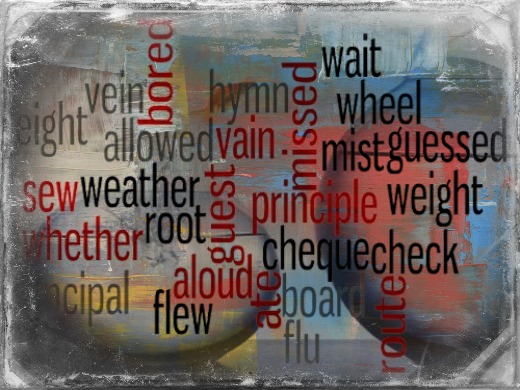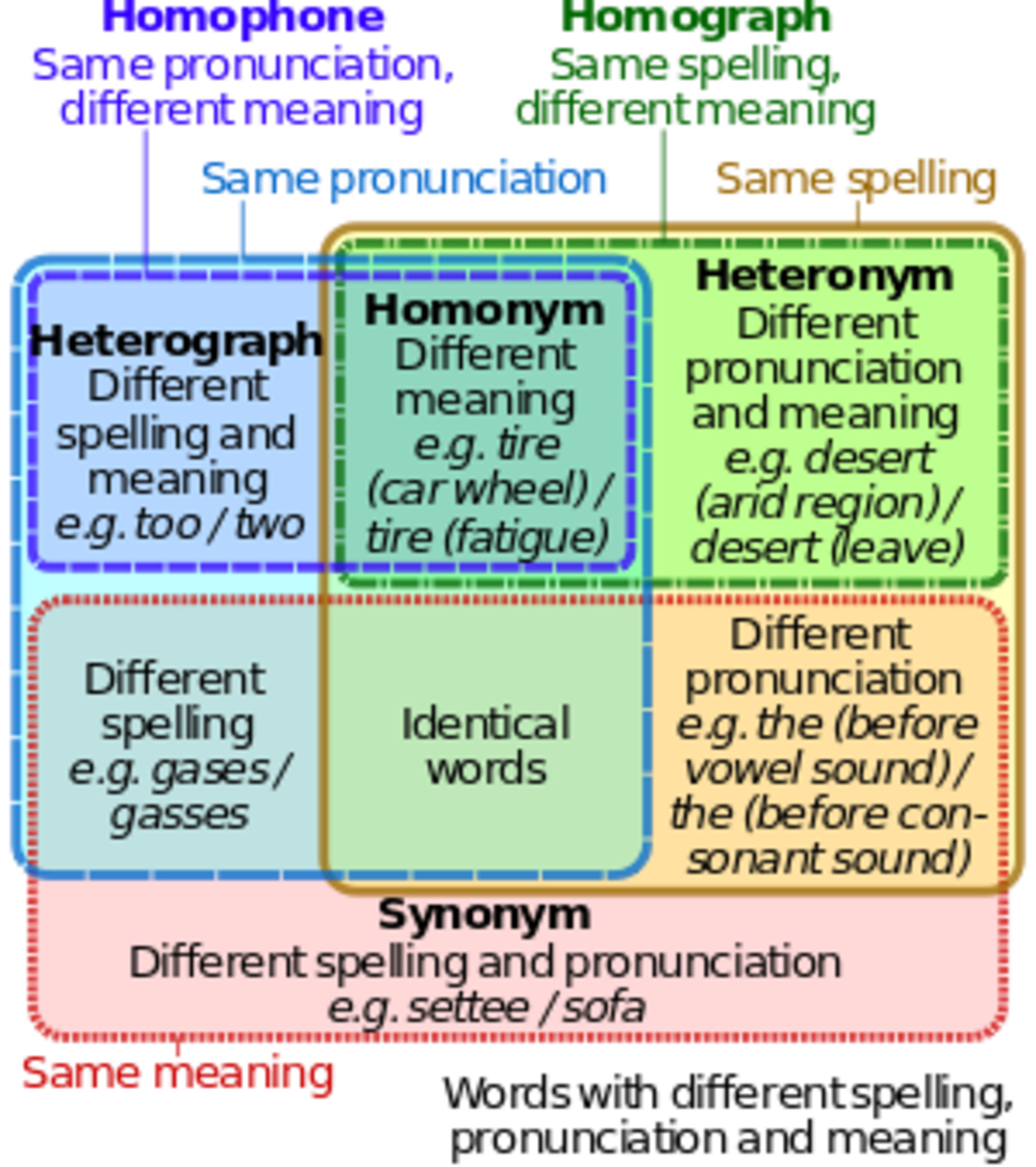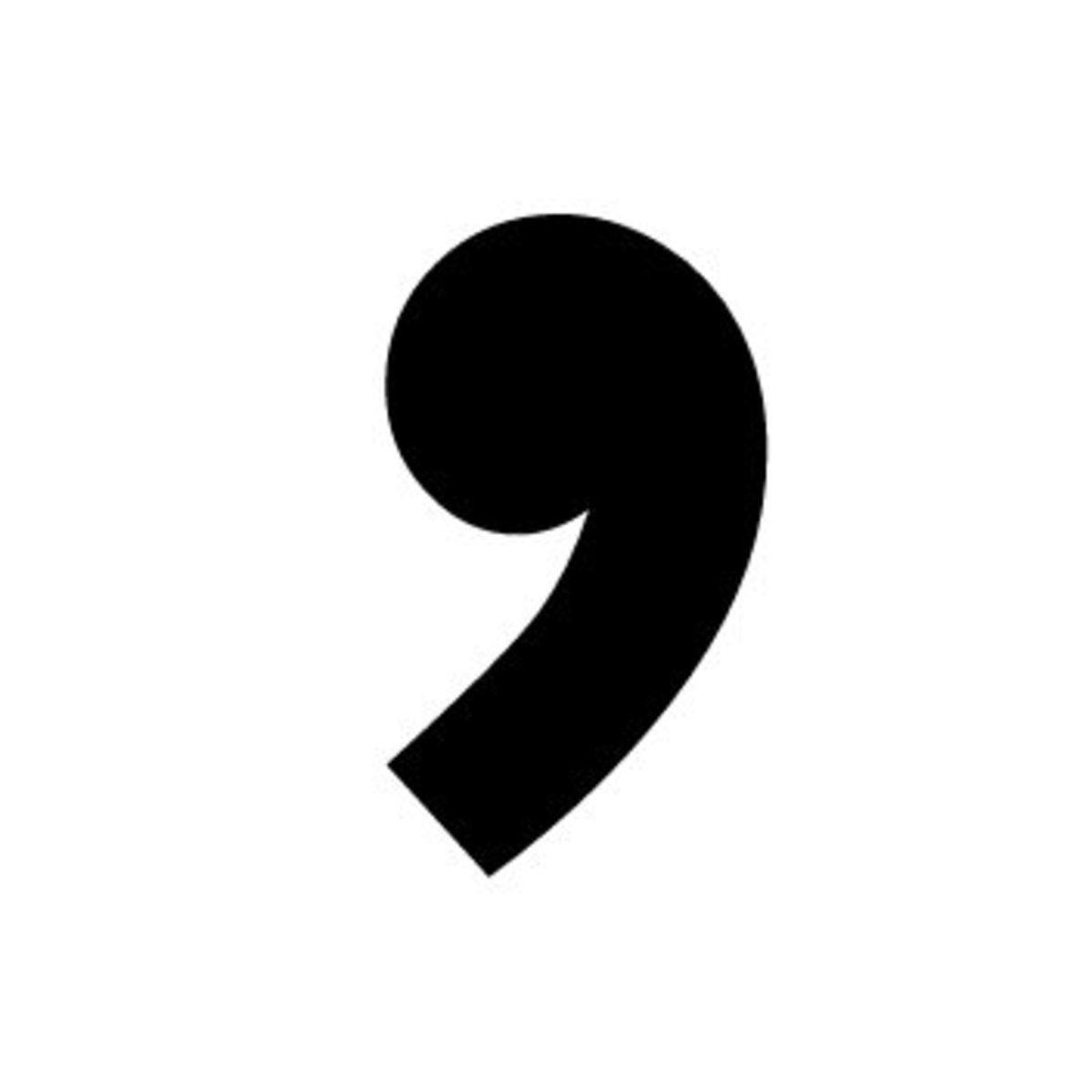Homophones (Homonyms) The Most Commonly Misused Words in the English Language

Homophones
Homophones (Homonyms) are words that are pronounced alike but have a different meaning. In some cases homonyms have identical spelling.
English is a tough language, even for a native speaker. Even native speakers get words muddled up in the written form probably more frequently than we realise.
For words that sound alike but are spelt differently, in the spoken form, there is rarely an error noticed. It is only in the written form that one realises that these commonly misused words are everywhere. In fact there are hundreds of words that trip people up every day.
Join me while I share with you a few of the most commonly misused words I know of, and then test yourself in my little quiz, just for fun.
Know anymore? Please share with us too!

There - Their - They're
There
- An adverb referring to a place, location.
- Example: There is a brand new house being built over there.
Their
- A word referring to ownership
- Example: Have you seen their new fluffy dog called Spot?
They're
- A word which is refers to two words 'they are'
- Example: I heard they're having a garden party next Sunday.
Accept - Except
Accept
- A word used (verb) used to mean to receive.
- Example: I will accept any prizes that are awarded to me with pleasure.
Except
- A word generally referring to an exclusion / excluding.
- Example: I bought everything on the shopping list except milk as there was none available.
Just for Fun
Affect - Effect
Affect
- A word generally used to indicate influence
- Example: How did the hot sun affect your skin?
Effect
- A word that refers to a result or a verb referring to bring about
- Example: What is a common side effect of eating too much chocolate?
Principle - Principal
Principle
- A word that is a noun, which refers to a truth or a fact
- Example: I always listen to my parents as a matter of principle.
Principal
- A word that is a noun, which refers to the head of a group. Generally a school.
- Example: My school principal spoke to us at assembly this morning.
- It also refers to money, a sum of money.
- Example: When paying my mortgage, I pay principal and interest.
To - Too - Two
To
- A word that is a preposition
- Example: I am going to her party.
Two
- This is a number. The digit is 2
- Example: On my next birthday I will be turning two.
Too
- A word that refers to also.
- Example: I am going to her party. Are you coming too?
Your - You're
Your
- A possessive pronoun
- Example: I love the colour of your coat, or I hope you did well on your exams.
You're
- A contraction of two words 'you are'
- Example: You're my best friend, or I have a secret that you're just going to love.
All Hubs are Original Material by 'Work At Home Mums' ©
This content is accurate and true to the best of the author’s knowledge and is not meant to substitute for formal and individualized advice from a qualified professional.
© 2012 WorkAtHomeMums









